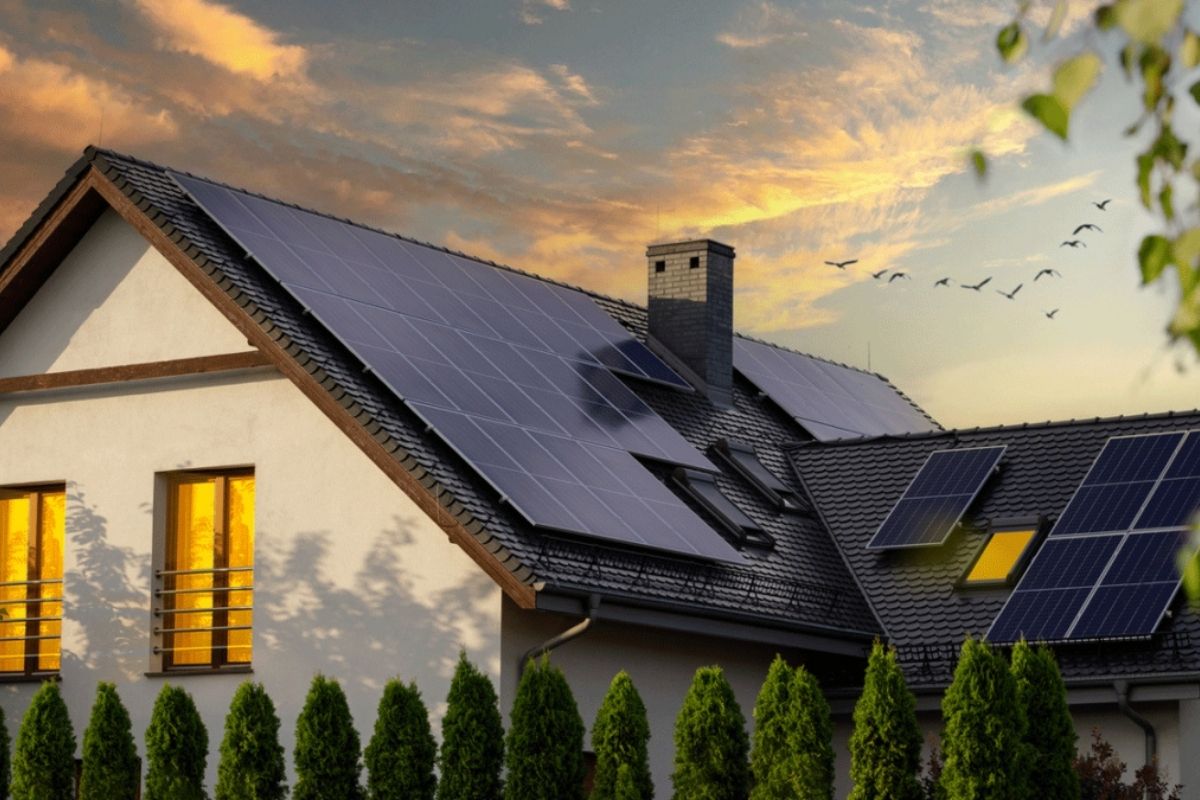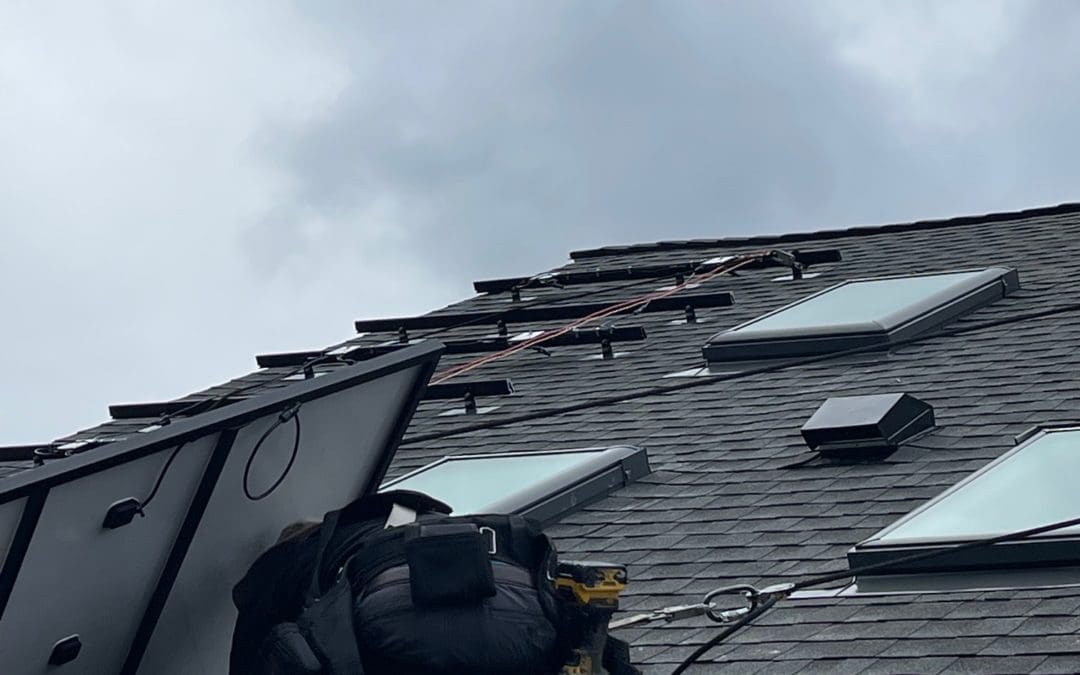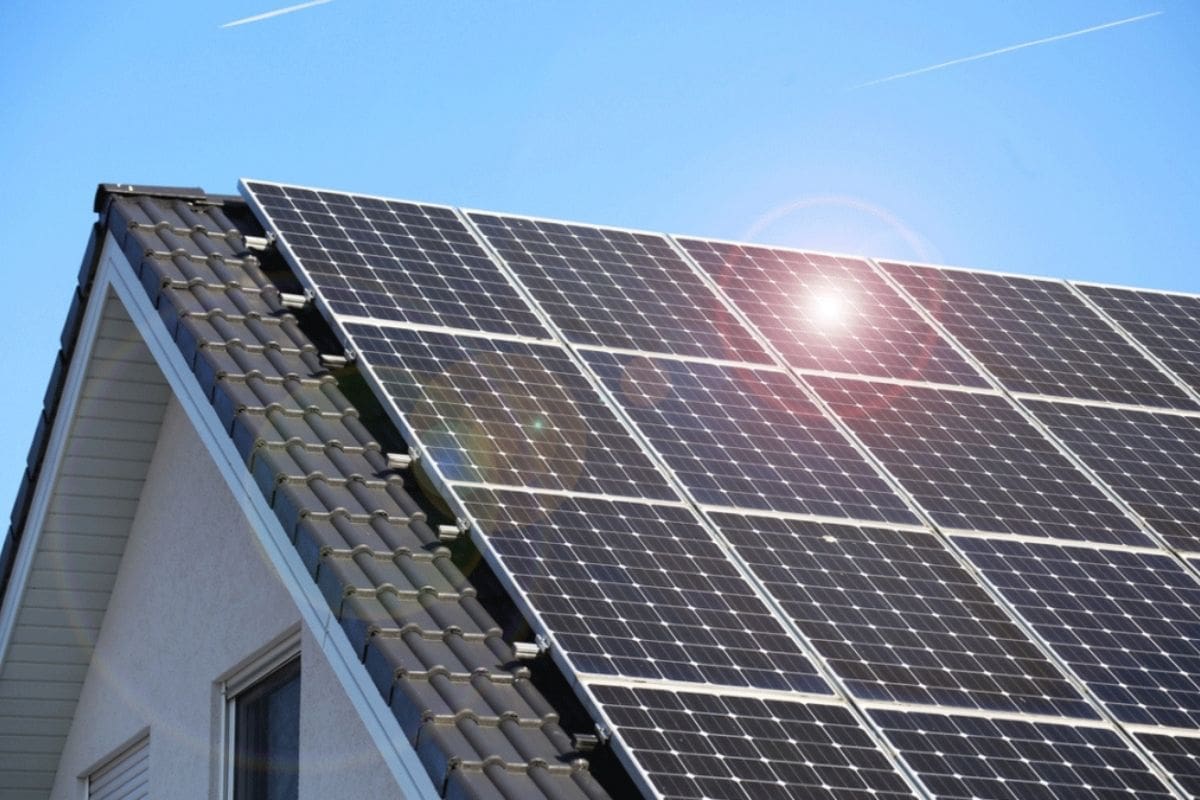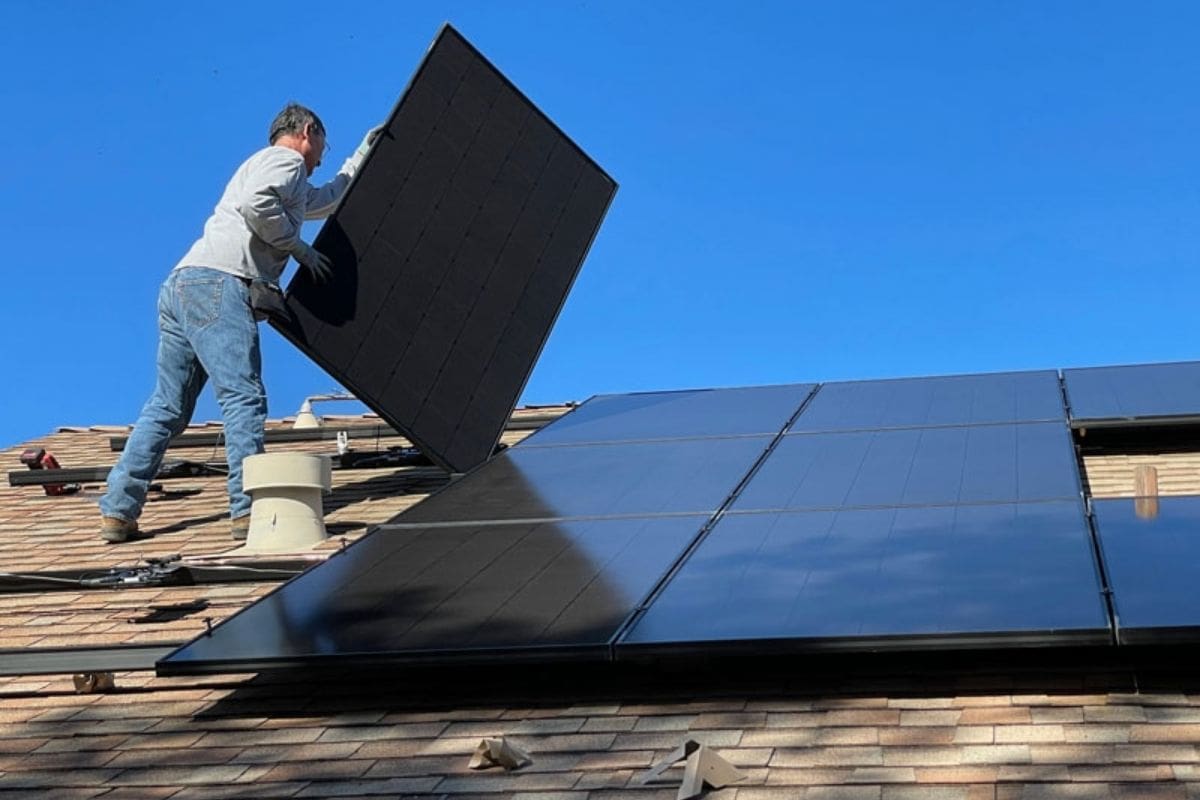Are you a homeowner looking for ways to reduce your dependence on the grid and take control of your energy usage? If so, then solar battery storage may be the perfect solution. By harnessing the power of renewable energy from the sun, these batteries allow homeowners to store excess electricity generated by their solar panels during peak production periods and release it later when needed. With an increasingly unreliable electrical grid, this can provide peace-of-mind knowing you’re insulated against outages and rate hikes over which you have no control. In this blog post, we’ll explore how solar battery storage works and why it’s beneficial for homeowners interested in preserving their independence without sacrificing quality or convenience.
Introduction: Introducing Solar Battery Storage and Its Benefits for Homeowners
Solar battery storage is a way for homeowners to store solar energy, produced from their photovoltaic (PV) systems, for later use. It allows homeowners to keep the energy generated during the day and use it as needed at night or on cloudy days when solar power is not available. With solar battery storage, home owners can also use their stored energy to reduce their reliance on the electricity grid and save money on their electricity bills.
The most common type of system used for solar battery storage is known as a ‘grid-tied’ system. This type of system is connected directly to the electricity grid and works in harmony with it. It takes excess energy generated by the PV system during daylight hours and stores it in a bank of batteries. This stored energy can then be drawn upon when needed, either at night or on a cloudy day when solar power production may be low.
When you install a grid-tied system with solar battery storage, you will be able to see an immediate savings on your energy costs since you won’t have to rely solely on the utility company when demand for electricity increases. Solar batteries also allow you to maintain full control over your own energy production and consumption, thus reducing your carbon footprint while saving money in the process.
In addition to cost savings and environmental benefits, there are other advantages associated with installing a grid-tied system with solar battery storage for your home. These include increased reliability of your power supply, as well as increased safety since all wiring must meet strict safety standards before installation begins. It is also possible that some utility companies may offer special incentives or discounts if you install such a system at your home.
Overall, adding a grid-tied system with solar battery storage to your home can provide numerous benefits including cost savings and reduced reliance on conventional sources of electricity, improved reliability of power supply, and greater control over your own energy production and consumption – all while helping reduce greenhouse gas emissions that contribute to climate change.
How Solar Battery Storage Works
Solar battery storage is a technology that has been gaining in popularity in recent years. It is a way to store energy from the sun for use when the sun is not shining. By using solar batteries, homeowners can increase their energy independence and reduce their reliance on the grid.
Solar batteries work by capturing energy from the sun and converting it into DC electricity. The electricity is then stored in the battery for future use. When you need power, you simply draw on the stored electricity rather than purchasing additional power from your local utility company. Solar batteries come in two main types: lead-acid and lithium-ion batteries. Lead-acid batteries are typically used for smaller applications, such as powering lights or small appliances, while lithium-ion batteries are better suited for larger applications such as home heating systems or whole-home backup power systems.
The benefits of solar battery storage are numerous and varied. Battery storage allows homeowners to reduce their reliance on the grid and become more self-sufficient with regards to their energy usage. Additionally, solar battery storage can help balance out periods of high demand on the grid by providing extra energy when necessary. Finally, solar battery storage can reduce overall energy costs because homeowners no longer have to purchase additional energy during peak demand hours when energy prices are highest.
There are several factors to consider when looking into solar battery storage options for your home or business. First, consider your energy needs and determine how much energy you plan to store in your solar system before investing in a specific type of battery system. Additionally, be sure that you understand all installation requirements, maintenance needs, and safety precautions associated with your chosen system so that you can ensure optimal performance over time.
Advantages of Using Solar Battery Storage
Solar battery storage has become increasingly popular in recent years due to its many advantages. Solar energy storage allows you to capture the sun’s energy and use it as needed, which can reduce your need for grid electricity. This reduces your electricity costs and helps you be more independent from the grid. Additionally, solar battery storage is an environmentally friendly solution that does not produce any harmful emissions or waste. By using solar energy, you can reduce your carbon footprint and help create a more sustainable future. Furthermore, solar batteries provide backup power during blackouts or other emergencies so you are never left without power. With all of these benefits, it is no surprise that more people are turning to solar battery storage solutions to meet their energy needs.
Steps to Install Solar Battery Storage
Solar battery storage is an increasingly popular way to power your home. It allows you to save money on electricity bills, while also being good for the environment. Installing solar battery storage is not necessarily a complicated process, but it does require some technical knowledge and skill. To get started, you will need to have a solar panel array and an inverter installed first. After that is done, you can start looking into the different battery options available to you. Depending on your budget and the size of your array, you can choose from lithium-ion batteries or lead acid batteries. Once you have chosen your battery type, it will then need to be wired up and connected to the inverter in order to send energy back into your home. Finally, regular maintenance and monitoring should be carried out in order to keep the system running smoothly. With these steps completed, you will have successfully installed a solar battery storage system for your home!
Closing Remarks – Taking Control of Your Energy Usage with Solar Battery Storage
Solar battery storage is an increasingly popular way to take control of energy usage and optimize electricity costs. Through the use of solar panels, consumers can store their own solar energy during the day and use it at night or when they need it most. Solar batteries are also a great choice for those seeking to be environmentally conscious as they reduce their dependence on non-renewable sources of energy and help support green initiatives. Additionally, with solar battery storage, users have access to backup power in the event of a power outage, making it an essential tool for households that need reliable energy all year round. With solar battery storage becoming more accessible and affordable, it’s never been easier to take control of your energy usage while also reducing your carbon footprint!
Solar battery storage has many distinct advantages that homeowners should take into consideration when deciding whether to invest in it. It is convenient, cost-efficient and eco-friendly, allowing people to control their energy consumption while reducing their monthly electric bills and having peace of mind. Installing solar battery storage is fairly easy but still requires a qualified professional’s help, so make sure to do your research before taking the plunge. If you are looking to become energy independent and save money on electric bills both long and short-term, solar battery storage might be the right choice for you. Taking action now could have a positive effect not only on your finances but also on the environment in the years to come. Read more here about making the decision to install solar battery storage and getting started with controlling your home’s energy use today!







